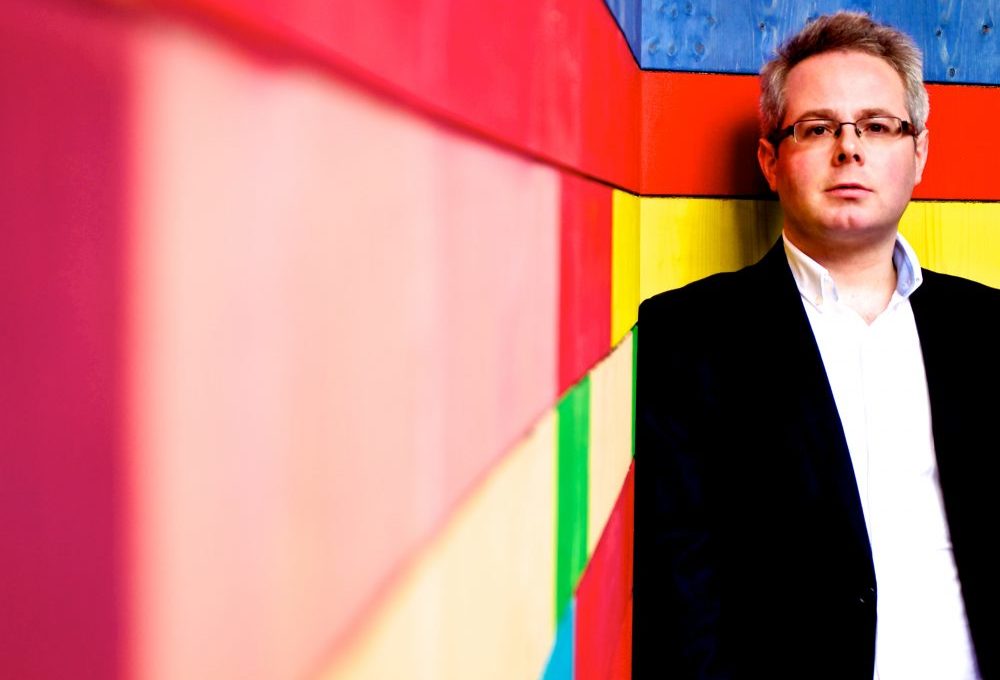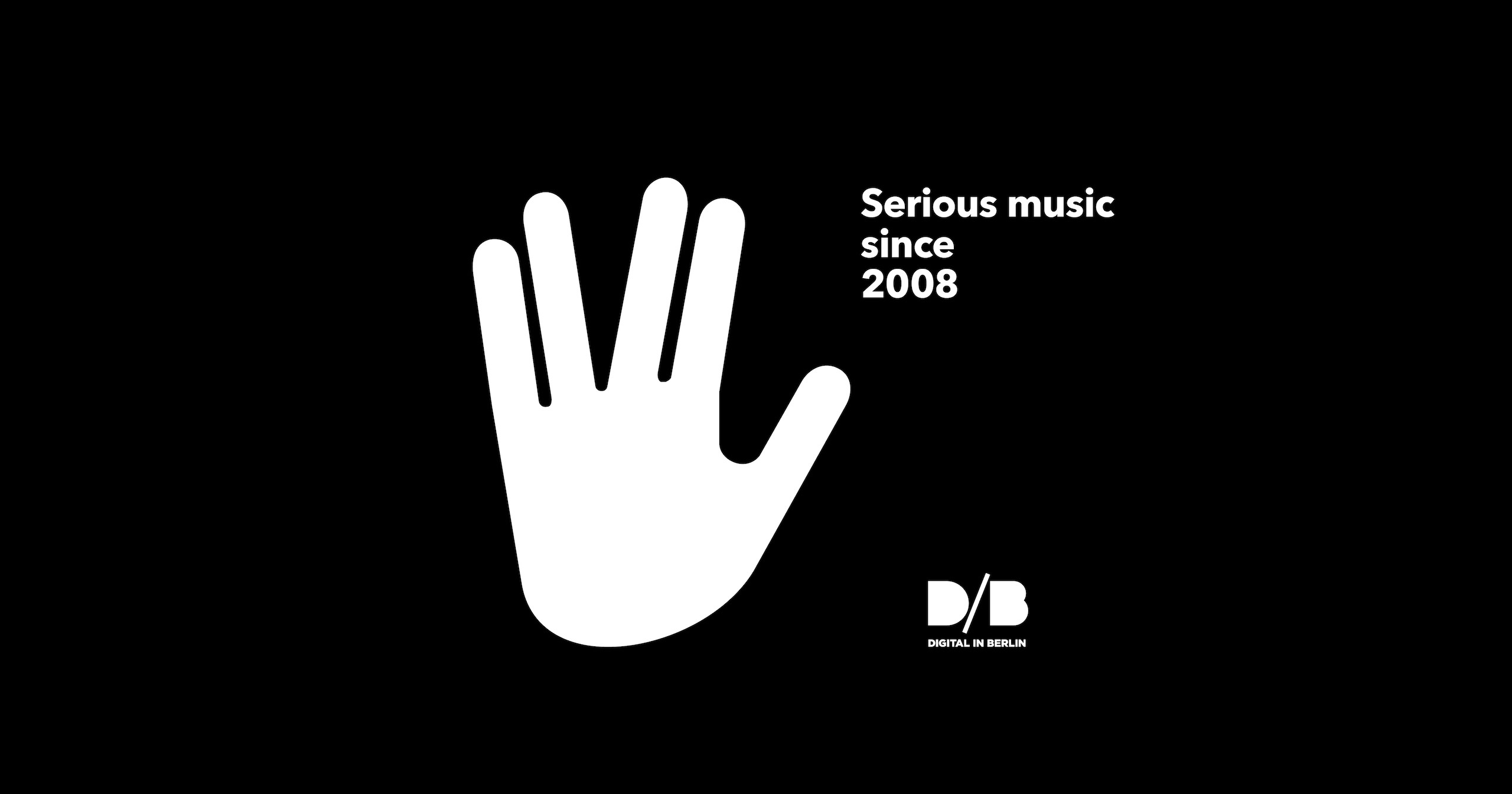Clement Power (b. 1980) studied at Cambridge University and the Royal College of Music, then held assistant conductorships with the London Philharmonic Orchestra and Ensemble Intercontemporain. He frequently collaborates with leading new-music ensembles including Klangforum Wien and MusikFabrik. He has conducted orchestras including the Philharmonia, the London Philharmonic Orchestra, BBC Scottish Symphony Orchestra, NHK Symphony Orchestra, RSO Stuttgart, Lucerne Festival Academy Orchestra, Orchestre Philharmonique du Luxembourg, Orchestre de Bretagne, Ensemble Intercontemporain, Ensemble Contrechamps, Avanti! Chamber Orchestra, Ictus Ensemble, Ensemble Modern, Birmingham Contemporary Music Group, and the Munich Chamber Orchestra. He has been the guest of festivals including Lucerne Festival, Salzburg Biennale, Darmstadt, Wien Modern, Acht Brücken, Aldeburgh, IRCAM Agora, amongst many others. Power has given over two hundred world premieres, including works by Georg Friedrich Haas, Péter Eötvös, Benedict Mason, and new commissions for the instruments of Harry Partch. Opera premieres include Hèctor Parra Hypermusic Prologue (Ensemble Intercontemporain / Liceu), Wolfgang Mitterer Marta (Opéra de Lille), and Liza Lim Tree of Codes (Cologne Opera).
FACTS:
1: Rhythm, sped up = pitch. Many pitches = timbre = harmony. All the traditional parameters of music are just different ways of measuring one thing, which is time.
2: The Thames was once a tributary of the Rhine.
3: You can make a perfect chocolate mousse with just chocolate and water (search for Hervé This)
QUESTIONS:
1. What is the biggest inspiration for your music?
I find that when I’m in the flow of music-making, I’m relieved not to have to think about how it all gets started… otherwise it might stop! But directly, I would say, plenty of strong black coffee and like-minded colleagues.
2. How and when did you get into making music?
As a child, singing, singing, singing (in the UK we have wonderful opportunities for this), then playing violin and composing, then at university, I discovered that I could persuade my friends to play while I conducted – much easier! After that I learnt ‘on the job’… mostly from the wonderful musicians I’ve collaborated with.
3. What are 5 of your favourite albums of all time?
I prefer pieces of music (living things) to specific recordings (dead things), so may I give some favourites instead?
Jean Sibelius – Symphony no. 5. Specifically, the link between the first and second movements, which sounds like the Earth shifting on its axis.
Ludwig van Beethoven – String Quartet op. 59 no.1, 1st movement. A cello melody that grows unstoppably upwards, like watching a huge tree grow from a seedling, but in 30 seconds.
Enno Poppe – Salz. Amazing harmony, limitless organic invention, with a deep dark grinding energy to it.
Gérard Grisey – Quatre chants pour franchir le seuil. Some of the strangest and saddest music I know.
And lastly I’d choose a Paleolithic bone flute. We owe a lot to the woman or man who, 40000 years ago, decided to turn their dinner into music.
4. What do you associate with Berlin?
I’m currently reading the stories of Mark Twain, and I noticed that he wrote “I don’t believe there is anything in the whole earth that you can’t learn in Berlin except the German language”.
5. What’s your favourite place in your town?
In London, it’s Kew Gardens, the great botanical garden. If I need a holiday in the rainforest, or the desert, I can get there in ten minutes.
6. If there was no music in the world, what would you do instead?
I’d like to imagine I’d be discovering new particles at the LHC or writing books of philosophy, but I’d probably end up being a cook.
7. What was the last record/music you bought?
Frog Sounds in Hungary (Hungaroton HGT19454). I recommend starting with track 27, ‘Bekakvartett’ (Frog quartet).
8. Who would you most like to collaborate with?
The ghost of the composer George Enescu. He was a total musician – performer, composer… I’d book him for lessons.
9. What was your best gig (as performer or spectator)?
I’ll mention not my ‘best’ but the one that gave me the biggest jolt – working with the home-made instruments of Harry Partch (thanks to Ensemble MusikFabrik). Partch was one of the few people who deserve the name radical – that is, he invented his music-making from the roots upwards. I had to learn a whole new harmonic system – it felt at the start like learning Martian, but since then it’s forced me to reconsider many aspects of my basic musical ‘machine’.
10. How important is technology to your creative process?
A really well-made pencil is a good piece of technology. I’m looking forward to the moment when digital catches up with analogue.
11. Do you have siblings and how do they feel about your career/art?
My dear sister is a very successful barrister (lawyer) and a creative person… and she’s probably too busy to give it much thought!
Clement Power will appear at Match Cut Music Convention on 14th October 2017.

